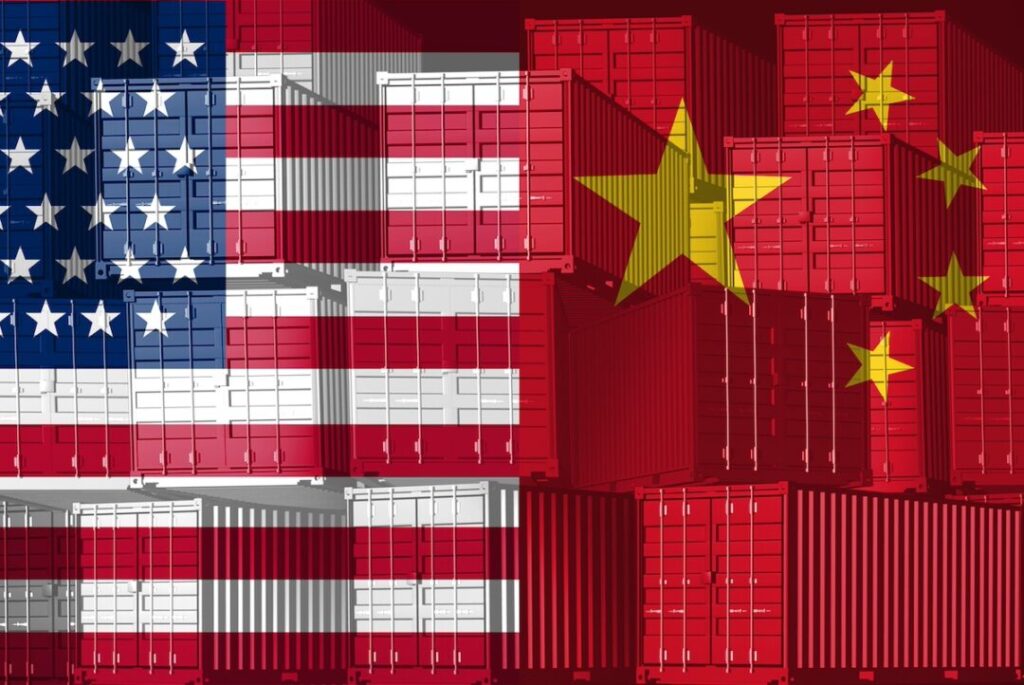
Will Trump’s Tariffs Spur Domestic Reform in China?
Category: Social; Tags: China, Hukou, Op-ed
The tariffs imposed by the Trump administration have dealt a blow to China’s export-driven economy, placing pressure on one of its primary engines of growth. But beyond trade figures and GDP forecasts, these tariffs may hold unexpected implications for China’s domestic policy. Could they serve as a catalyst for reforming one of China’s most entrenched sources of inequality—the household registration system?
What is China’s hukou system?
Visitors to China often remark on the absence of visible slums or widespread homelessness in major cities—something rare even in many developed countries. While this is partly a product of China’s economic expansion and employment levels, a deeper structural factor is at play: the hukou system.
The hukou is a residency registration system that ties citizens to a specific locality, granting access to public services such as education, subsidized housing, health care, and social insurance—but only in their place of official registration. For rural migrants who move to cities for work, this means limited access to basic social support. Many return home if they fall ill, lose their jobs, or simply reach retirement age.
This two-tier system has long been a cornerstone of China’s industrial rise. It provides major cities with a flexible and low-cost labour force while containing population pressures and limiting urban welfare burdens. In return, migrant workers earn more than they would in their hometowns, creating a delicate “win-win” balance: cities gain economic momentum without becoming overwhelmed, while rural workers gain access to better-paying jobs, albeit without full rights.
The trade war effect: pushing inward
However, this model faces new pressures. The Trump-era tariffs have disrupted China’s export markets, threatening a core source of jobs and growth. Since export demand comes from foreign consumers, domestic purchasing power has traditionally played little role in supporting these industries. But with global demand under pressure, China is increasingly looking inward to its own consumers to drive the next phase of growth.
Here lies the problem: migrant workers, who account for a large share of urban populations, consume far less than city residents with local hukou. They tend to hold lower-paying jobs and are more financially conservative, saving heavily due to their lack of welfare safety nets. Without boosting their consumption capacity, China’s transition to a domestic consumption-driven model will remain limited.
Take Shanghai as an example: of its nearly 25 million residents, over 10 million are migrants without local hukou. If these individuals were fully integrated into the social system, with access to public services, the ability to bring their families, and more stable urban lives, their spending patterns could shift significantly, creating a new engine of domestic demand.
An opportunity disguised as adversity
To its credit, the Chinese government has been working to relax hukou restrictions and build what it calls a “dual circulation” economy, one that relies more on internal consumption. Yet progress has been slow. The trade war could serve as a timely accelerator. While recent policies such as trade-in subsidies attempt to stimulate consumption, they largely focus on clearing excess supply rather than strengthening long-term demand from the country’s under-consumed majority.
If China aims to withstand external pressure and shift toward a more resilient, inward-focused economy, expanding social benefits and dismantling the urban-rural divide will be essential. That means making it easier for migrant workers to settle permanently in cities, secure welfare coverage, and participate fully in the economy, not only as labourers, but also as consumers as well.
What began as an external threat might become a turning point. Faced with tariffs meant to undermine its economy, China has the chance to reform its institutional inequality and unleash unprecedented growth. The coming years will reveal whether China seizes this moment for meaningful domestic reform.